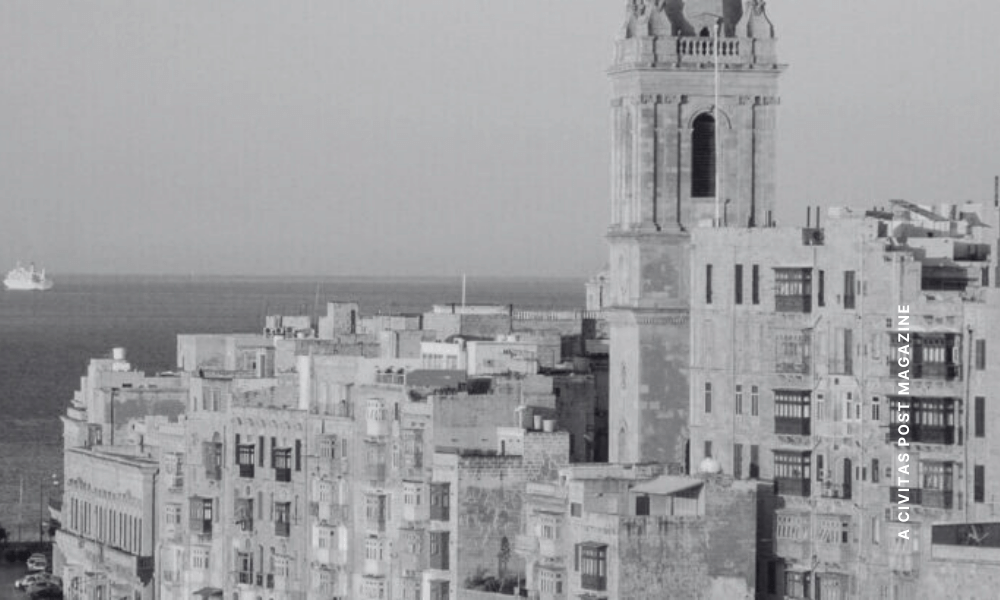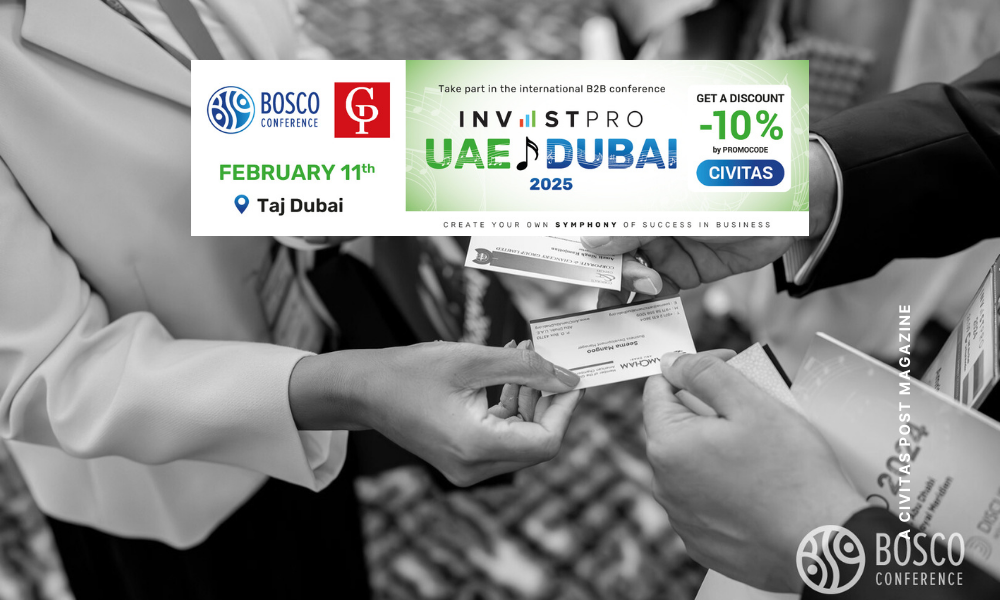Sun, sea and returns on investment. Malta has had increasing growth in its real estate market and is the leading target of investment for South Africans and Middle Eastern real estate investors and Citizenship investment applicants.
The Knight Frank Global House Price Index closely monitors the real estate markets globally and over the course of 2018 Malta consistently ranked first or runner up to Hong Kong in regards to the real estate price increase being measured year on year. In Q2, Malta’s real estate prices increased 16.9%, in Q3 2018 it was 15.7%. Over the past 3 years the Maltese real estate market has demonstrated robust growth and drawn the attention of investors from all over the world.
The Malta Individual Investor Program
Malta has one of only two European Union citizenship programs, namely the Malta Individual Investor Programme. It has been praised for the integrity of its programme, the due diligence process it implements and the return on investment that these real estate properties offer.
In order to obtain Maltese Citizenship, the investor will need to make a donation of EUR 650,000 to the Maltese government, invest in Maltese stocks worth EUR 150,000 and acquire real estate worth EUR 350,000. There also exists the option to rent a property for EUR 16,000 per annum, for five years yet considering the appreciation in the Maltese real estate market, most investors opt to purchase. Upon the completion of 5 years, investors may sell the property and investments gaining real estate appreciation as well as having earned returns on their investment during this period. Rental yields can range from 4 to 6% which are a stable and healthy return for most rela estate investors. The Maltese citizenship is obtained within 12 months of having applied.
 Read more: Critical Changes to the Malta Individual Investor Programme (IIP)
A Solid Demand for high-end Property
In addition to the Maltese Individual Investor Programme, Malta has been attracting a growing number of financial services companies, gaming companies and blockchain enterprises. It also has a growing expat community that is due to remain and flourish in Malta. Specifically with Brexit on the horizon, various gaming companies in Gibraltar are making a move over to Malta as the headquarter of their operations.
This influx of foreign professionals, entrepreneurs and talent supports the demand for real estate in Malta and safeguards it from any uprisings in the future. Instead, it paves the way for a steady growth and healthy growth.
Is Malta experiencing a bubble?
There does not appear to be a bubble due to burst anytime soon, Malta is topping the charts with its real estate growth and it is anticipated this will continue at a more conservative rate over the next quarters. Yet, fears that the capital Valletta are now ‘over-filled’ are unfounded.
Although Valletta is now much more densely populated, it is still set at about 1,600 people per m2, in no way jam-packed in comparison to any of the mega-cities of the world or financial centers where people per meter squared can go up to 30,000 or 40,000 per m2.
The influx of skilled foreign workers, foreign direct investment for citizenship and economic growth that the country is in the process of would suggest that the real estate market’s growth is aligned with the national economic growth of Malta. It is hoped that as companies continue to move to Malta they diversify their locations of choice and therefore continue to spread out and create new hubs within Malta.
In the long run, the banks will need to uphold due care and diligence with their lending criteria to protect against any harsh ripple effects in the real estate market. Yet it is expected that a trend of growth will continue in this booming Mediterranean country.










